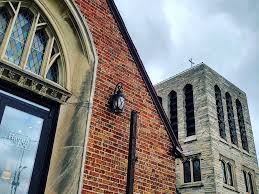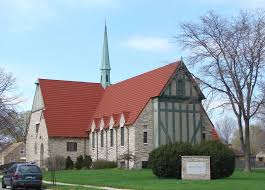The Importance of Church in Today’s Society

Introduction
The role of the church in society has been a significant aspect of community life for centuries. As a place of worship, the church provides spiritual guidance, social support, and a sense of community. However, in recent years, the relevance of the church has been a topic of discussion as societal values shift and new norms emerge. Understanding the current dynamics and the gradually evolving function of the church is essential in comprehending its continued importance in contemporary society.
Current Trends in Church Attendance
Recent studies indicate that church attendance has seen a decline in several parts of the world, particularly in Western countries. The Pew Research Center reported in 2021 that only about 47% of adults in the UK identified as Christians, a substantial decrease compared to previous decades. Many younger generations have shifted towards a more secular lifestyle, seeking spiritual experiences outside of traditional church settings.
The Church’s Evolving Role
Despite the decline in traditional attendance, churches are adapting to the changing landscape. Many are engaging with their communities through social services, food banks, and support programs aimed at combating issues such as homelessness and mental health. This shift has positioned the church not just as a place of worship, but as a community hub that serves practical needs. For example, during the COVID-19 pandemic, many churches opened their doors as community centres, providing essential services and support to those in need.
The Church’s Significance Today
The church’s continued relevance in society speaks to its ability to evolve alongside social changes. For many, the church offers a sense of belonging and identity amidst the complexities of modern life. Moreover, it provides a platform for moral discourse and a space for individuals to connect with like-minded people. The church’s focus on community service has also drawn in individuals who may not regularly attend services but are willing to engage in charitable activities.
Conclusion
As society continues to change, the church face both challenges and opportunities in maintaining its relevance. Its ability to adapt and focus on social justice, community service, and support for the vulnerable will determine its significance in the modern world. Though traditional church attendance may be on the decline, the church’s role as a bastion of community support and moral guidance remains profound and impactful.









